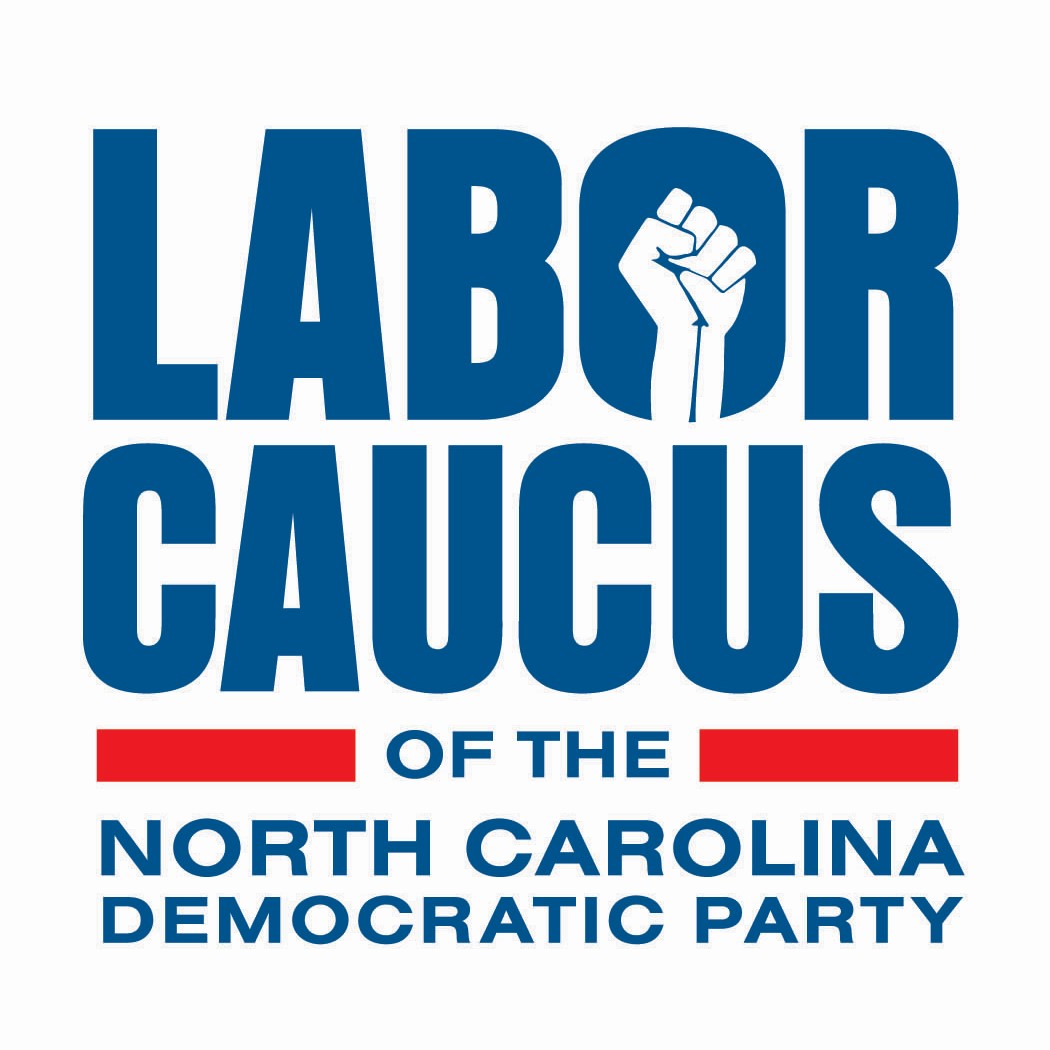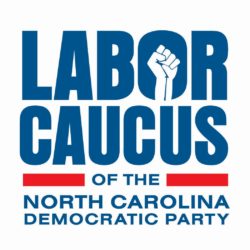Class War?
On August 4, 1981 President Ronald Reagan fired the striking air traffic controllers, members of PATCO, marking the formal declaration of all-out war on the workers and their unions in the US. It was “a day that will live in infamy” for working Americans, much like December 7, 1941.
It is this war that in 40 short years has decimated the middle class by transferring more and more of the wealth of our country to the very richest Americans. As Warren Buffett (with an estimated wealth of $101 billion) put it, “There’s class warfare, all right, but it’s my class, the rich class, that’s making war, and we’re winning.”
This war has two fronts. On the economic front, the rich have devised ways to siphon more money from the economy into their pockets. One way is by destroying the workers’ organizations that fight for higher pay and better benefits. The consequence is that as productivity increases, the rich can keep more of the income that is produced by their company’s workers for themselves. The result – most corporate executives now make 50, 100 or even 400 times what their workers make.
Another aspect of this economic warfare is financialization. Increasingly the big banks and Wall Street have used their control of the economy to drain off the wealth produced by American workers. Today 40% of all profits made by US companies go to the financial sector, which produces nothing of value, but simply moves money around (and mostly into the pockets of the rich).
A third way is through privatization. This takes many forms: contracting out public services to private businesses and corporations (private prisons, military contracts); selling public goods, like New Hanover County’s hospital, to private corporations; using public resources to fund private schools. And don’t be fooled when some one says that these private companies are non-profit. There’s plenty of profit in most “non-profit” ventures.
None of this would have been possible without the political war that the richest Americans have waged on the rest of us. The very wealthy have used their $$$ to influence politics so that the rules of the game are always in their favor. The Supreme Court defended the buying of elections in the “Citizen’s United Case”, when they ruled that corporations are people, and in Buckley v. Valeo, where they overturned campaign spending limits as a violation of the First Amendment and said that contributions to politicians are protected free speech.
Another example is our tax system. The rich have written the rules so that they pay a lower rate on their unearned income, like capital gains, than workers pay on their pay checks, which is earned income. The tax code is filled with so many loopholes, that some billionaires don’t owe a dime in taxes, and, because Congress has defunded the IRS, the rich even get away with not paying the taxes that they do owe. For the rich, when it comes to paying taxes, it’s “heads we win, tails you lose”.
Another casualty of this class warfare is the minimum wage. It’s now been 11 years since it was raised despite continued inflation. If the minimum wage from 1968 were just adjusted for inflation it would be $12/hr rather than $7.25. However, if it were also adjusted for increased productivity of American workers since 1968, it would be, hold on to your hats, $24/hr. At that rate, a couple working full time minimum wage jobs would make $96,000 a year which would put them squarely in the middle class.
So, what is to be done? We need to fight on the political front to change the rules. That’s why the For the People Act (HR 1) is so important. Protecting the right to vote is critical to returning political power to working class Americans. That’s why the rich and their political henchmen in the Republican party are pulling out all the stops to keep people from being able to cast their ballots.
But keeping the right to vote isn’t nearly enough. The working class needs an independent power base from which to fight for our interests; to engage in that class war that Warren Buffet alluded to. That base needs to be more than community organizations and nonprofits. It must be a strong labor movement. Which is why the PRO Act (HR 842 – Protecting the Right to Organize) is so important. For the other side in this class war, a strong and united labor movement is their worst nightmare; for us it is the path to a better future.


